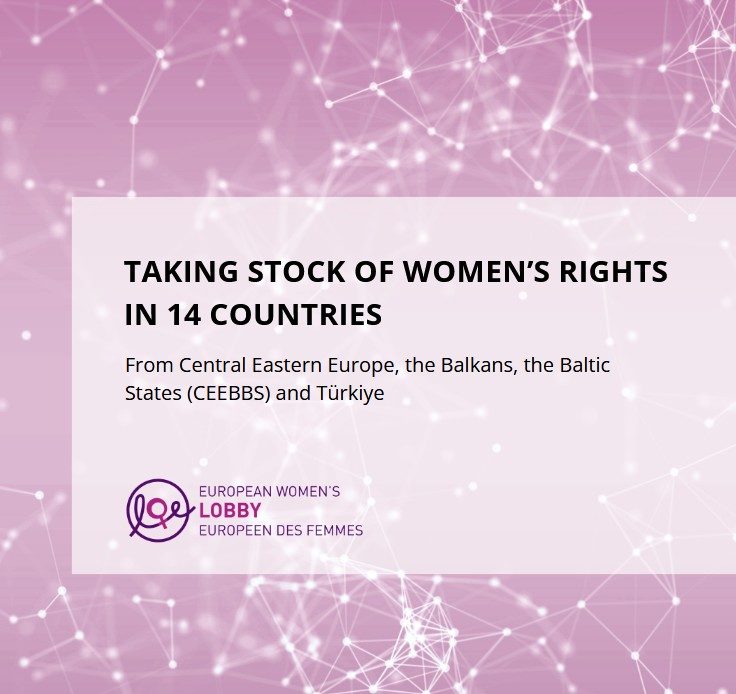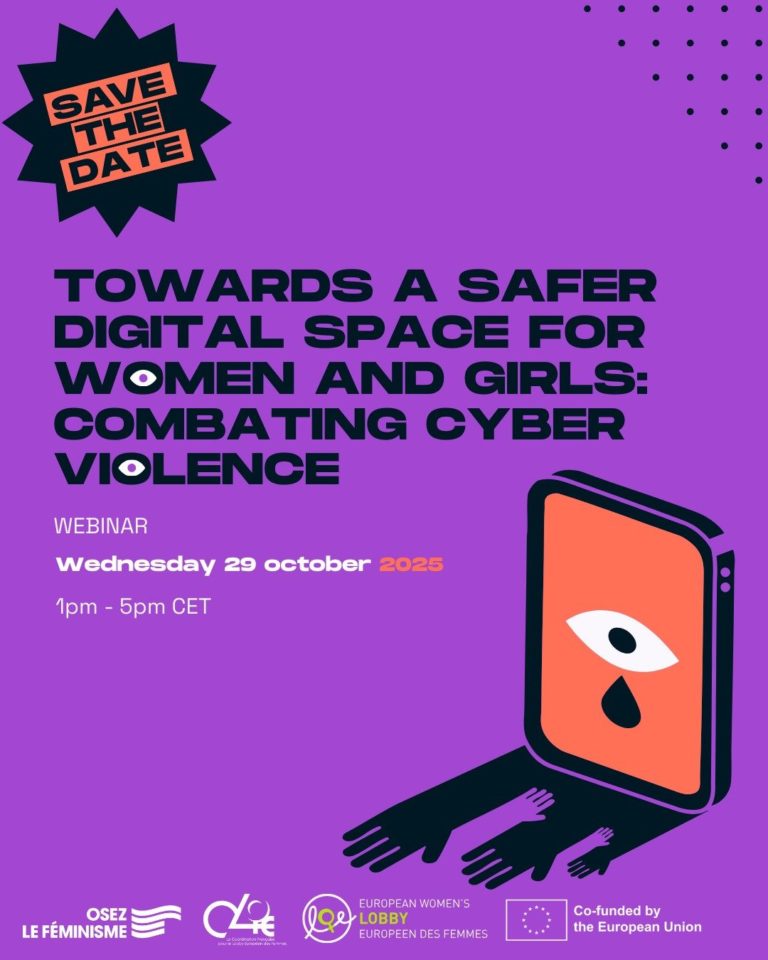In the context of the United Nations Water Conference that took place in New York between 22-24 March 2023, BUSINESS AS NATURE, a member organization of EWL’s Portuguese coordination, the Portuguese Platform for Women’s Rights (PpDM), – organised a side event “Women 4OUR WATER – from Portuguese Speaking Countries to the World”.
This event, endorsed by the Portuguese Platform for Women’s Rights, followed others already carried out in the scope of the “Women 4OUR CLIMATE” Movement under the aegis of the United Nations: the Conference on Oceans (UNOC) in June 2022, in Lisbon, and the Climate Conference – COP27, in Sharm-El-Sheik, in November 2022, involving women from different Portuguese speaking countries.
The Movement “WOMEN 4OUR CLIMATE from the Portuguese-speaking countries to the world” results from the need for greater commitment to the progress and well-being of communities and the sustainability of the planet, and aims to highlight the urgency of a greater balance and rapprochement between human rights and climate action, focusing on the implementation of sustainable development models.
This Movement’s mission is to promote the role of women, notably from Portuguese-speaking and Ibero-American countries, as active agents in communities and corporations working to protect oceans and promoting climate action. This Movement has an enormous potential for growth, intending to expand far beyond the universe of Portuguese and Spanish-speaking countries and mobilizing women from different languages and countries towards the world.
In the pursuit of its mission, the Women 4OUR Climate Movement is committed to the fulfillment of the United Nations Agenda 2030, having as guidelines, of its Manifesto, the following axes:
#1 – POLICY, DIPLOMACY AND CLIMATE ACTIVISM
#2 – EMPOWERMENT AND CAPACITY BUILDING
#3 – SUSTAINABLE ENTREPRENEURSHIP
#4 – SCIENCE, TECHNOLOGY AND KNOWLEDGE
#5 – DISSEMINATION, COMMUNICATION, PARTICIPATION
#6 – COOPERATION/NETWORKING
Whereas:
- Water, sanitation and hygiene are essential for the fulfillment of women’s rights, for their health and for their economic and social development;
- In many cultures, women are considered custodians of water and are responsible for its collection, maintenance and use for domestic and agricultural purposes;
- Women face many challenges, such as lack of access to safe drinking water sources and sanitation facilities, especially in rural and impoverished areas, or carrying heavy water in precarious containers which can have a significant impact on their health and well-being. In addition, women’s relationship with water is also influenced by social and cultural factors, such as taboos around menstruation and childbirth and safety issues in the use of sanitation facilities. Thus, women are a key element in the development, design and implementation of solutions that address the existing socio-cultural needs.
- Ensuring safe and widespread access to Water and Sanitation for women and girls contributes to gender equality and their inclusion in society, which in turn will help promote other actions and goals of the SDG agenda, particularly poverty reduction, health, education and work;
- Despite the intrinsic connection between women and water, and their recognized capacity for problem-solving, disruptive innovation and adaptation to technological change (fundamental to the necessary transformation in water and sanitation of the future), women’s participation is often absent in the design, planning and implementation of policies, solutions and improvements, as well as in decision-making and in the governance and public and corporate management of services;
- Fewer than 50 countries have laws or policies that specifically mention women’s participation in rural sanitation or water resources management (UN-Water 2021);
- Water has strong interdependencies with other resources, and its access, in quantity and quality, depends, in many regions, on energy, particularly decentralized and renewable energy. On the other hand, water availability is key to the decarbonization of the energy sector and this decarbonization is key to water conservation;
- Thus, in the context of the United Nations Water Conference and as part of the “Women 4OUR Climate” Movement, the Network and Declaration “Women 4OUR WATER – from Portuguese speaking countries to the World” was born. The aim was to disseminate and highlight the role of Portuguese speaking women in their relationship with water and the daily action and commitment they put into its preservation, protection, access, management and efficient use and regeneration, actively contributing to each of the five interactive dialogues under discussion.
Through Business as Nature and its partners, the “Women 4 OUR WATER Declaration” triggers the structuring of a Portuguese-speaking Women’s Network, either resident in their countries or in the diaspora, which aims to aggregate good practices and connect women with intervention in the field of water. This network will contribute to the approach of practical perspectives on Gender Issues in the Water Sector and leverage the interconnections between “SDG6 – Drinking Water and Sanitation” and Goals for the implementation of the 2030 Agenda, in particular “SDG 5 Gender Equality”, “SDG 13 Climate Action” and “SDG 17 – Partnerships for Goal Implementation”.
Women 4OUR WATER did not end at the moment of the event, giving rise to the signature of the Women for Climate Manifesto and the development of the Action line -W4W – Water 4.



